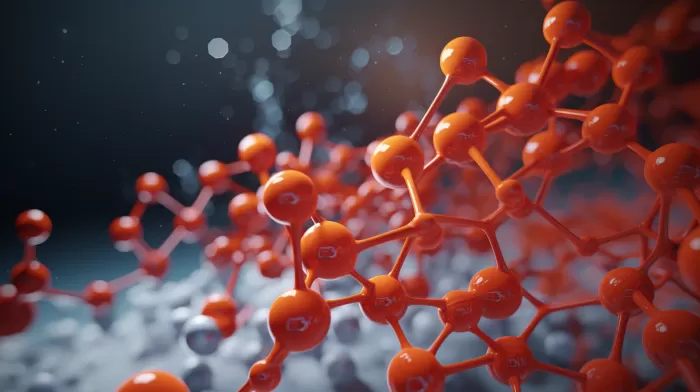A common concern among men is whether testosterone could cause prostate cancer. However, it’s not testosterone that they should be worried about, but estrogen. This article will explain the relationship between these two hormones and their potential effects on the risk of developing prostate cancer.
Testosterone and prostate cancer
As men age, their testosterone levels decline, yet their chances of developing prostate cancer increase. This suggests that low testosterone (not high) could be a factor in prostate cancer and that another hormone that often rises in aging men—estrogen—could be involved as well.
At the American Urological Association Annual Meeting in May 2015, experts presented the results of a comprehensive review of 42 studies, indicating that both natural and prescription testosterone do not cause prostate cancer nor increase the level of prostate-specific antigen (PSA). Although this review is not the definitive answer in the ongoing debate around testosterone and prostate cancer, it definitely provides significant support against the notion that testosterone is responsible for the disease.
Regarding testosterone’s protective effect against prostate cancer, the evidence is less conclusive. However, several reports have demonstrated that men who received testosterone therapy after treatment for localized prostate cancer experienced minimal or no recurrence of the disease. Furthermore, some men with untreated prostate cancer who underwent testosterone therapy did not experience disease progression.
Another study found that 98 men with excessively low testosterone levels who were treated with testosterone therapy after radiation for prostate cancer saw a rise in mean testosterone levels (from 209 ng/Dl to 420 ng/dL) after treatment without a significant increase in PSA levels.
Estrogen and prostate cancer
While the evidence in humans is still mixed regarding the association between estrogen and an increased risk of prostate cancer, there is some data to suggest that too much estrogen could be a significant risk factor. In animal studies, researchers have found that both testosterone and estrogen are necessary for prostate cancer to develop.
Experts agree that a man’s testosterone-to-estrogen ratio should reflect higher testosterone than estrogen levels. Testosterone can be converted into estrogen with the help of an enzyme called aromatase, so steps need to be taken to reduce the activity of this enzyme. This can be achieved through maintaining a healthy weight, shedding excess body fat (since fat promotes production of estrogen), limiting alcohol use, keeping blood sugar levels in a healthy range, and considering natural, scientifically proven nutritional supplements that can help support normal testosterone levels.
Conclusion
The evidence indicates that testosterone does not cause prostate cancer and does not have a detrimental effect on men who already have the disease. In fact, it seems that too much estrogen may be the real culprit behind the increased risk of prostate cancer in older men.
In light of these findings, it is essential for men to be mindful of their hormone levels and take necessary measures to maintain a healthy balance between testosterone and estrogen. This includes regular check-ups with a healthcare professional and following a healthy lifestyle with proper nutrition and exercise. Ultimately, a well-rounded approach to health and wellness will not only reduce the potential risks associated with hormonal imbalances but also contribute to overall well-being and longevity.



